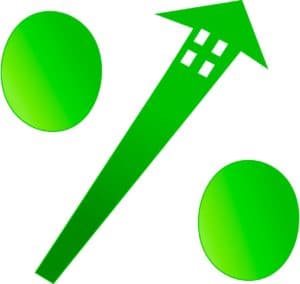Mortgage issues: Introduction
As per the latest findings from the Royal Bank of Canada (RBC or RBC Economics), a significant proportion of Canadians are currently grappling with debt payments, thereby heightening the risk of mortgage default in the future. The report reveals that the average Canadian owes $1.77 in debt for every dollar of disposable income, a trend that has been steadily increasing over recent years. This development is particularly concerning given the rising interest rates, which are exacerbating the difficulty of maintaining timely payments.
This Brandon’s Blog will explore the RBC report, the truth about household debt, including mortgage debt, in Canada, whether or not we are already in trouble and its implications for Canadian households.
The impact of rising interest rates on mortgage and other debt payments
The RBC report clarifies the negative impact of boosting the rate of interest on debt payments for Canadians. With the way we have seen the rate of interest growing, numerous Canadians are finding it significantly testing to handle their debt payments, specifically those with a variable-rate mortgage or loan product taken out at interest rates at pre-pandemic levels or credit card debt.
Interest rates have risen significantly, with the Bank of Canada’s Target Overnight Rate going from 0.5% in March 2022 to holding at 4.5% since January of this year. Anyone faced with renewing their mortgage is going to be in for a bit of sticker shock. The report also highlights a concerning pattern where a substantial number of Canadians are unprepared to handle the prospective fallout of rising interest rates on their ability to meet their financial obligations.
This RBC report highlights the expanding degree of debt among Canadians, which could potentially cause mortgage issues down the line. As more Canadians battle to keep up with their debt payments, RBC’s experience states that it is most likely that they might start missing mortgage payments. This could lead to serious consequences, such as the loss of their home or even bankruptcy. What’s even more, the report reveals that numerous Canadians are blissfully unaware of the possible dangers related to lugging around high levels of debt.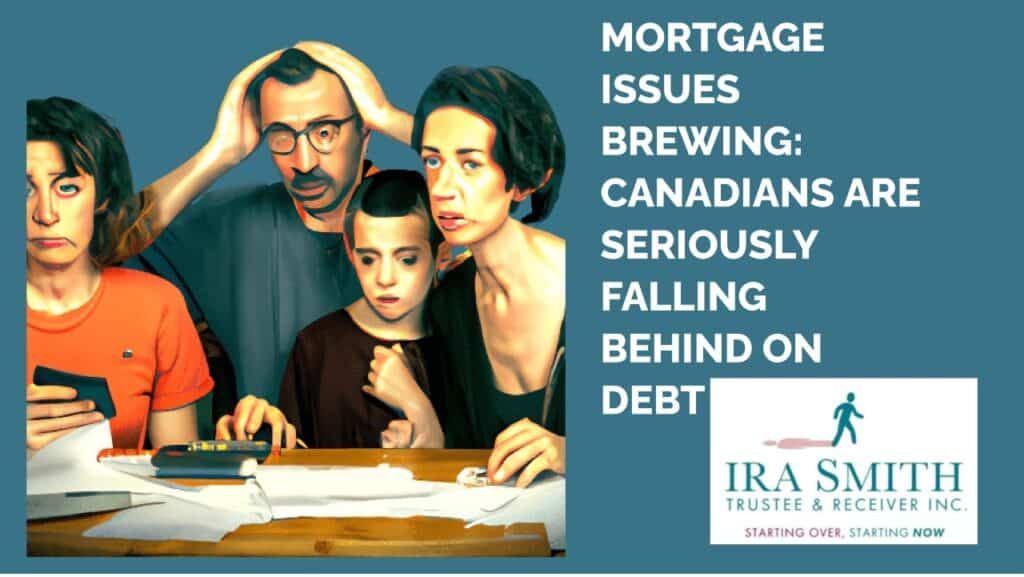
Understanding Household Debt in Canada
In order to attain a comprehensive comprehension of the ramifications of Canadian household debt, it is imperative to precisely define it. Household debt encompasses the aggregate sum of all financial obligations owed by Canadian households, including home mortgages, credit cards, lines of credit, and vehicle loans. Data released by the Bank of Canada indicate that the customary household debt-to-income ratio has been consistently escalating over the past few years, indicating a trend that is no longer just a blip.
This trend signifies that Canadians are taking on increasingly greater financial obligations in relation to their income. Coupled with the effects of inflation, it is apparent that, on average, Canadian household income is insufficient to meet the customary familial expenditures, resulting in families incurring more debt to maintain their standard of living.
Substantial household debt poses several possible risks to the Canadian economic climate. First of all, it can cause economic instability for Canadian households as they endeavour to satisfy their financial obligations. Second of all, increased degrees of financial obligation may result in a reduction in consumer spending, therefore negatively impacting the overall economy. Finally, households with elevated debt levels will likely be extra prone to default as the rate of interest hikes happens, potentially causing a cascade of defaults throughout the Canadian economy.
Canadians expect signs of trouble in the Canadian economy
Recent data indicates prospective problems surrounding Canadian household debt. In a survey of Canadians carried out by the Bank of Canada between January 27 and February 16, 2023, with follow-up interviews in March 2023, numerous key findings were uncovered.
The key findings were:
- Assumptions for the rising cost of living in the coming 1 to 2 years have declined but continue to be dramatically greater than in the pre-COVID-19 period.
- While consumers have reduced their price increase expectations for certain goods, such as commodities, inflationary assumptions for services such as rent stay raised.
- A majority of consumers believe that the Bank of Canada faces obstacles in successfully lowering inflation because of high government spending and also ongoing supply chain disruptions. However, many remain hopeful that supply chain issues will be fixed within the next two years, resulting in reduced product prices influenced by the disruptions.
- Alternatively, those that watch high federal government spending as a relentless inflationary force expect continued interest rate stress in the long term.
- The present economic environment is characterized by elevated inflation and also a higher pattern of interest rates, which has actually resulted in installing strain on Canadians, especially those that are making monthly mortgage payments. Consumers are spending less on non-essential services, including leisure travel, eating in restaurants, as well as various other recreational activities.
- A considerable majority of Canadians view an economic downturn to be one of the most potential end results for the Canadian economy within the following year. Nonetheless, many people continue to be uncertain regarding the direction of the economy, the labour market and unemployment rates. Such uncertainty has actually caused a tendency amongst consumers to reduce spending and increase savings as a preventative measure.
- In spite of economic obscurity, workers show a favourable outlook on the job market, with several certain they could find new employment opportunities, especially those who are discontent with their present jobs. Private sector wage increase expectations are near an all-time high among employees.
- Nonetheless, wage growth is expected to fall short of the rising cost of living, with most workers predicting their wages or salary will not equal current inflationary trends in the coming year.

Principal reasons for mortgage issues in Canada
Amidst the prevailing economic conditions, numerous homeowners are facing considerable difficulty in maintaining the escalating expenses associated with owning a home. Consequently, there is an anticipated surge in the number of defaulted mortgage payments in the forthcoming months. This trend is a source of apprehension for both homeowners and lenders.
As per the RBC Economics report, the principal reasons for mortgage-related issues in Canada are:
- The rising cost of homeownership includes rising property taxes, insurance costs, and maintenance expenses.
- Job loss or reduced income.
- Reduced economic growth.
- High household debt.
- Increasing interest rates. This is especially true for homeowners with variable-rate mortgages, as their payments can fluctuate over time.
- Unanticipated expenditures and low or no savings or emergency funds. Some homeowners may have taken on too much debt or purchased a home that was too expensive for their budget. In these cases, failed mortgage payments are almost inevitable.
The RBC report sustains the findings of the Bank of Canada study. It mentions that this might be due to a mix of elements, including climbing living expenses, stationary wage growth, and the high cost of housing. The repercussions of this could be extreme, affecting not only specific homeowners and their personal finances but the entire Canadian economic situation.
RBC states that it is critical that lenders, regulators, as well as policymakers, interact to address this problem effectively. Financial education, government programs and support for those dealing with financial debt can help protect against mortgage issues and defaults.
Consequences of mortgage issues in Canada
Failed mortgage payments can have significant consequences for both homeowners and also for mortgagees. For homeowners, missed payments can result in the power of sale or foreclosure process. This results in the loss of their house.
Potential lending institutions scrutinize credit history and also credit score prior to approving loan or mortgage applications. Uniformity in making payments is essential as it contributes to keeping a healthy credit rating. So being delinquent on debt and home mortgage payments and especially the loss of your house has a considerable unfavourable effect on your credit score and your capacity to get loans in the future.
The financial and mental stress of these mortgage issues cannot be overemphasized. It is vital that Canadians take positive steps to deal with their debt properly. The RBC report stresses the significance of looking for guidance and assistance from trustworthy financial specialists to help you be able to deal proactively with your debt problems before it is too late. By following this guidance, Canadians can protect their financial well-being and also avoid possible home mortgage problems in the future.
Delinquent mortgage and loan repayments can result in economic losses for lenders. Due to their reliance on periodic payments to sustain their operations, any missed payments can cause significant disruptions to their cash flow. This is particularly true for smaller lenders with limited resources as compared to larger organizations. When a substantial portion of a lender’s portfolio consists of delinquent and non-performing loans and mortgages, it can lead to a cessation of operations.
Coping with household debt and mortgage Issues: What Can Homeowners Do?
The RBC Economics report underscores the significance of proactive debt management by Canadians. While elevated levels of household debt may trigger apprehension, there are measures that individuals can undertake to mitigate the risk of financial ruin. One crucial approach is to look carefully at your personal finances and devise a budgetary plan and adhere to it. This can assist households in identifying superfluous expenditures and making necessary adjustments.
Furthermore, households ought to prioritize the repayment of high-interest non-mortgage debts such as credit cards. CTV News reported that non-mortgage debt is up by 5.4% when comparing the fourth quarter of 2022 to the same time in 2021. Seeking the guidance of a financial expert in developing a debt management strategy can also prove advantageous.
In the event of mortgage payment difficulties, there are several prudent measures that homeowners may take to forestall losing their homes. Firstly, contacting the lender and providing details of the financial predicament may yield positive outcomes. Numerous lenders extend hardship programs that facilitate a reduction in monthly payments or an interim suspension of payments.
In the event that you have an insurmountable challenge of making home mortgage payments and the looming threat of losing your home, it may be a good idea to very carefully consider the option of selling your residential property. By doing so, you can properly avoid the damaging end results of defaulting and losing your home and ultimately embark on a clean slate of living in a more affordable home.
All of these recommendations can be found in my May 1, 2023, Brandon’s Blog “MAXED OUT CREDIT? YOU NEED TO KNOW HOW TO INCREASE CREDIT SCORE: OUR 13 INTRIGUING TIPS TO IMPROVE YOUR CREDIT SCORE”.
However, if things have gotten out of control and your creditors are already pounding at the door, making harassing collection calls and possibly even suing you, you need to take immediate action. Contact me anytime by phone or email.
Mortgage issues: Conclusion
The RBC report has brought to the fore the intensifying concern of Canadians back-pedalling on their debt payments. The scenario is rather disconcerting, specifically given the surge in the rate of interest that pose a formidable challenge for Canadians to stay current with their financial obligations.
In addition, higher interest rates and the price of necessities of life have increased concerns about the surging debt levels amongst Canadians and the possible difficulties that could arise in the home mortgage market in the future. It is imperative that Canadians take aggressive measures to address their financial debt management strategies and appropriately plan for the ramifications of this new higher interest rate environment.
I hope you enjoyed this mortgage issues Brandon’s Blog.
Revenue and cash flow shortages are critical issues facing people, entrepreneurs and their companies and businesses. Are you now worried about just how you or your business are going to survive? Are you worried about what your fiduciary obligations are and not sure if the decisions you are about to make are the correct ones to avoid personal liability? Those concerns are obviously on your mind. Coming out of the pandemic, we are also now worried about the economic effects of inflation and a potential recession.
The Ira Smith Team understands these concerns. More significantly, we know the requirements of the business owner or the individual that has way too much financial debt. You are trying to manage these difficult financial problems and you are understandably anxious.
It is not your fault you can’t fix this problem on your own. The pandemic has thrown everyone a curveball. We have not been trained to deal with this. You have only been taught the old ways. The old ways do not work anymore. The Ira Smith Team makes use of new contemporary ways to get you out of your debt problems while avoiding bankruptcy proceedings. We can get you debt relief now.
We have helped many entrepreneurs and their insolvent companies who thought that consulting with a trustee and receiver meant their company would go bankrupt. On the contrary. We helped turn their companies around through financial restructuring.
We look at your whole circumstance and design a strategy that is as distinct as you are. We take the load off of your shoulders as part of the debt settlement strategy we will draft just for you.
The Ira Smith Trustee & Receiver Inc. team understands that people facing money problems require a lifeline. That is why we can establish a restructuring procedure for you and end the discomfort you feel.
Call us now for a no-cost consultation. We will listen to the unique issues facing you and provide you with practical and actionable ideas you can implement right away to end the pain points in your life, Starting Over, Starting Now.

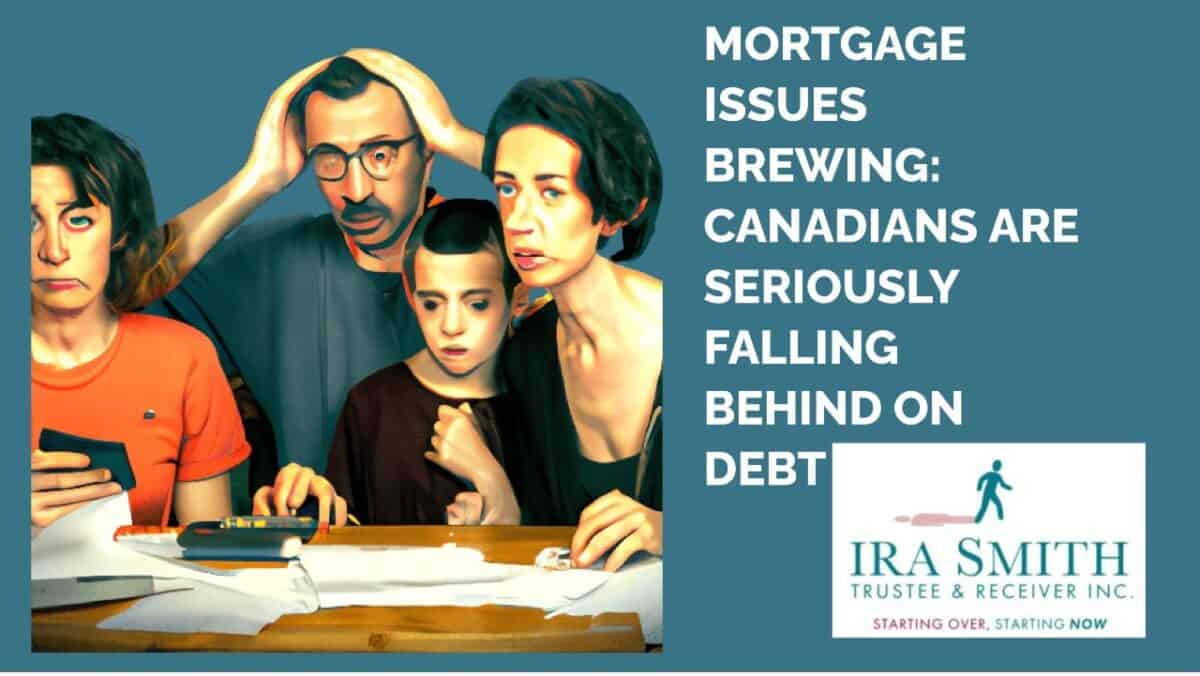
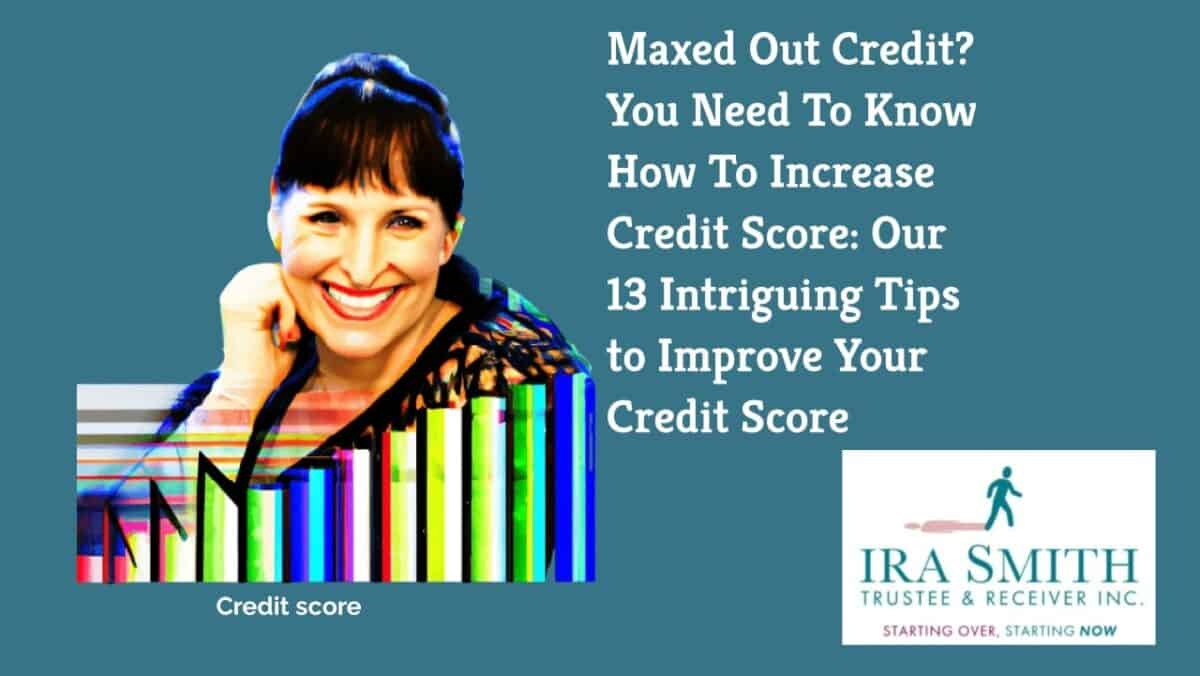
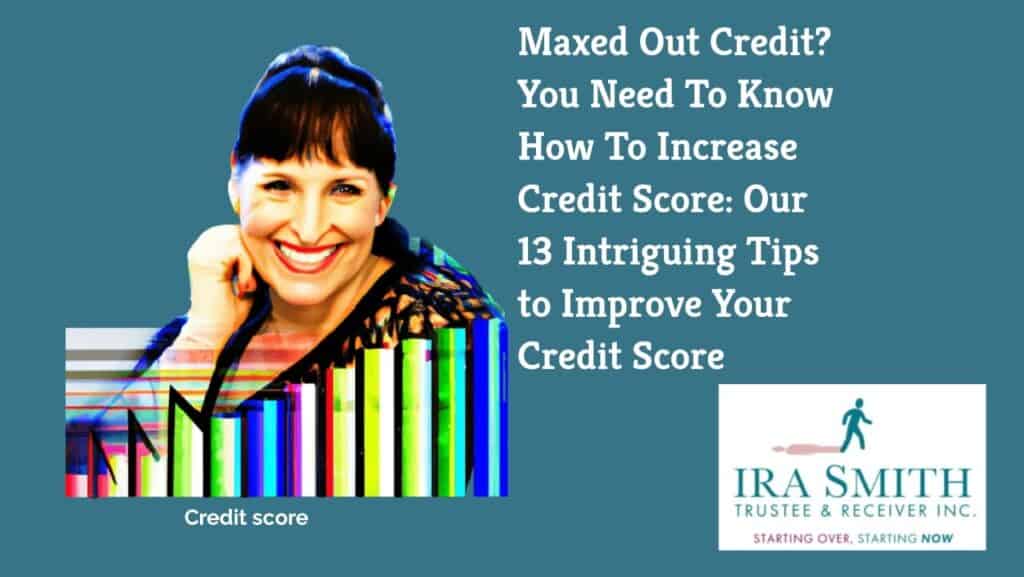


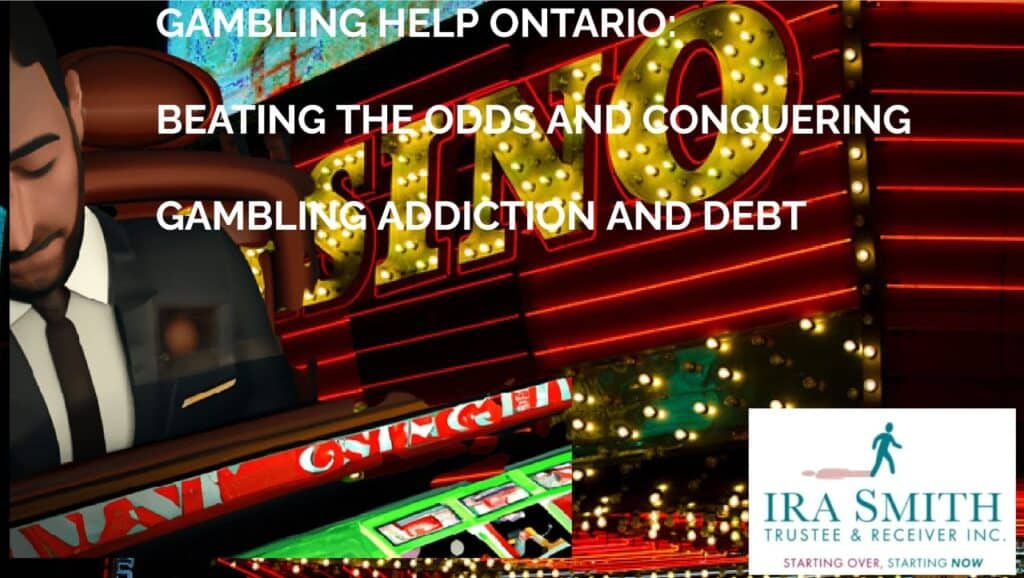
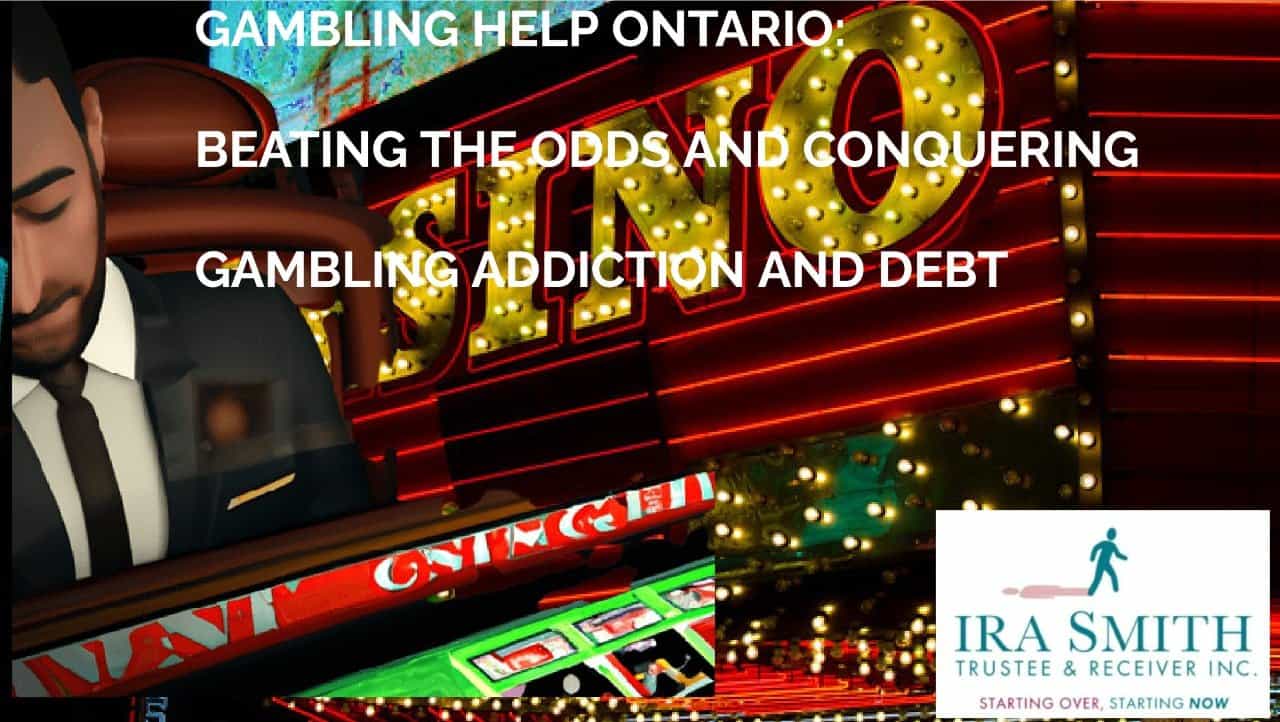
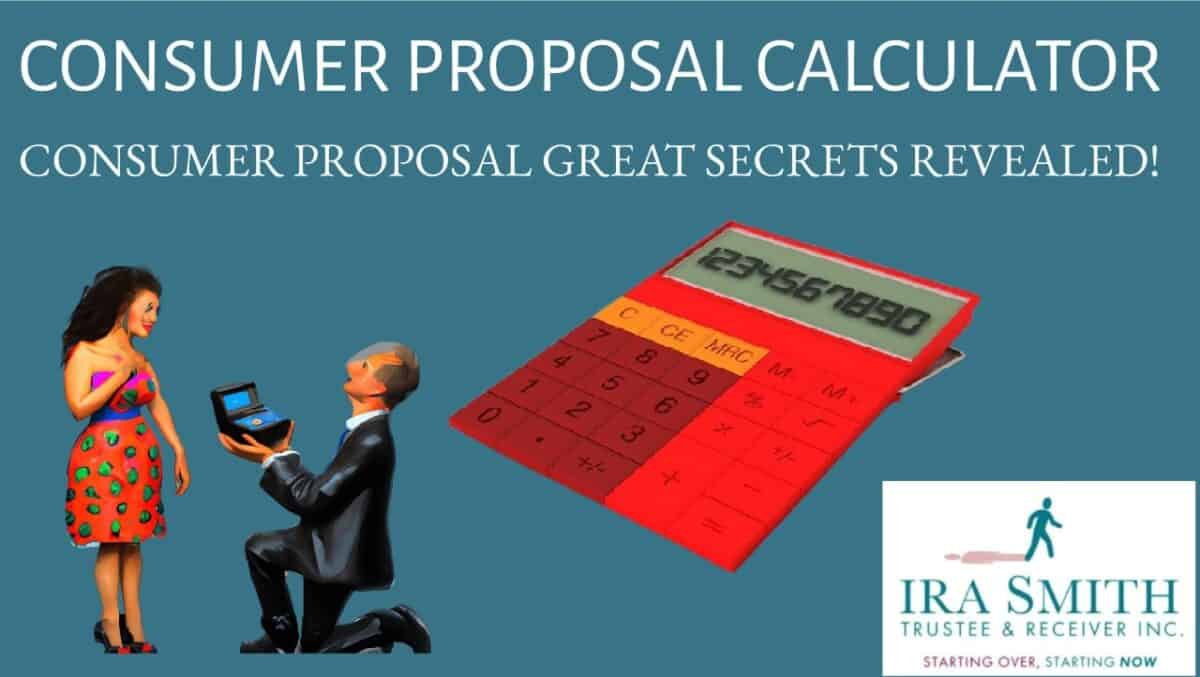
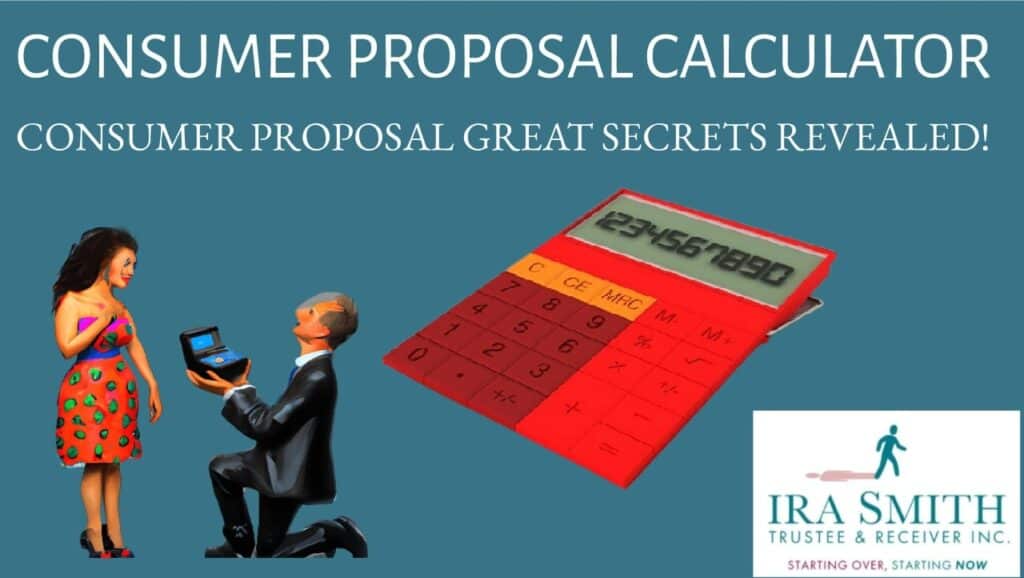
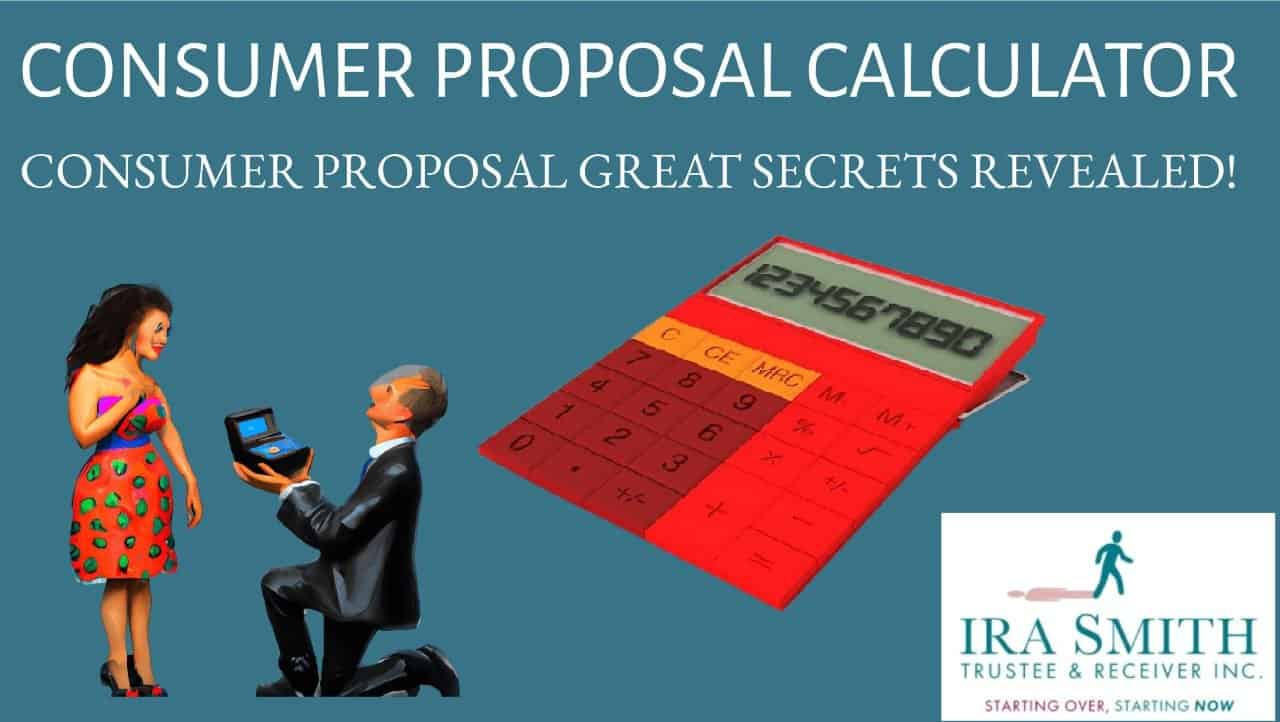






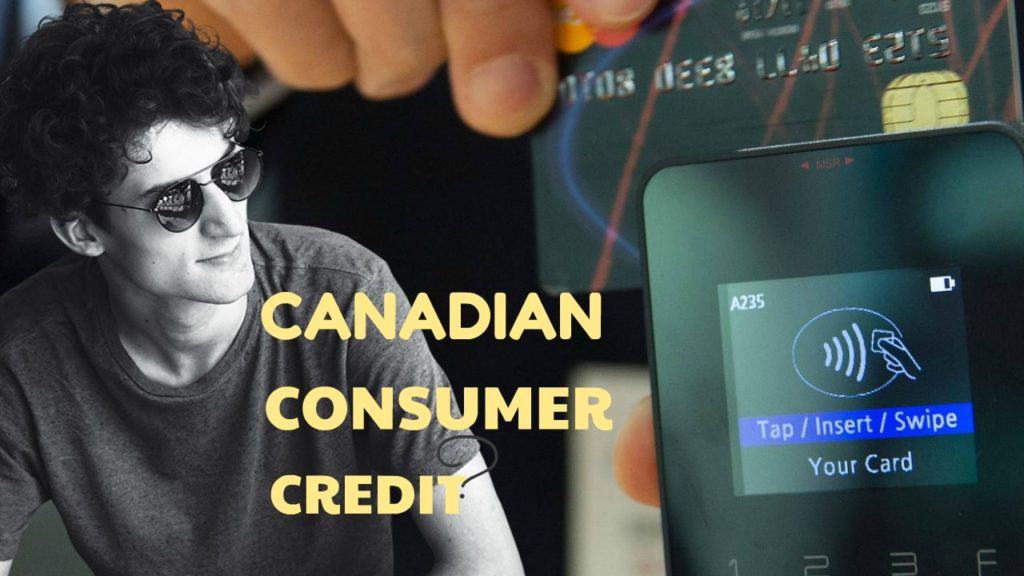
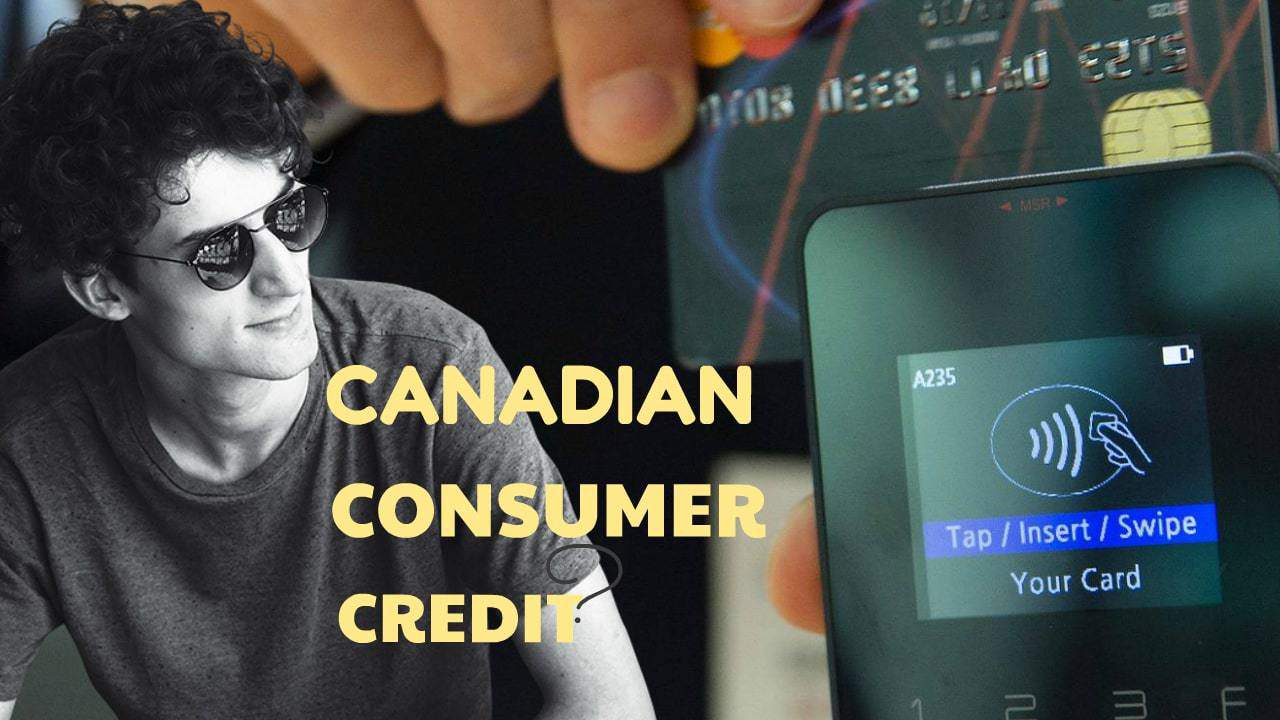
 Borrowing in retirement: Introduction
Borrowing in retirement: Introduction
